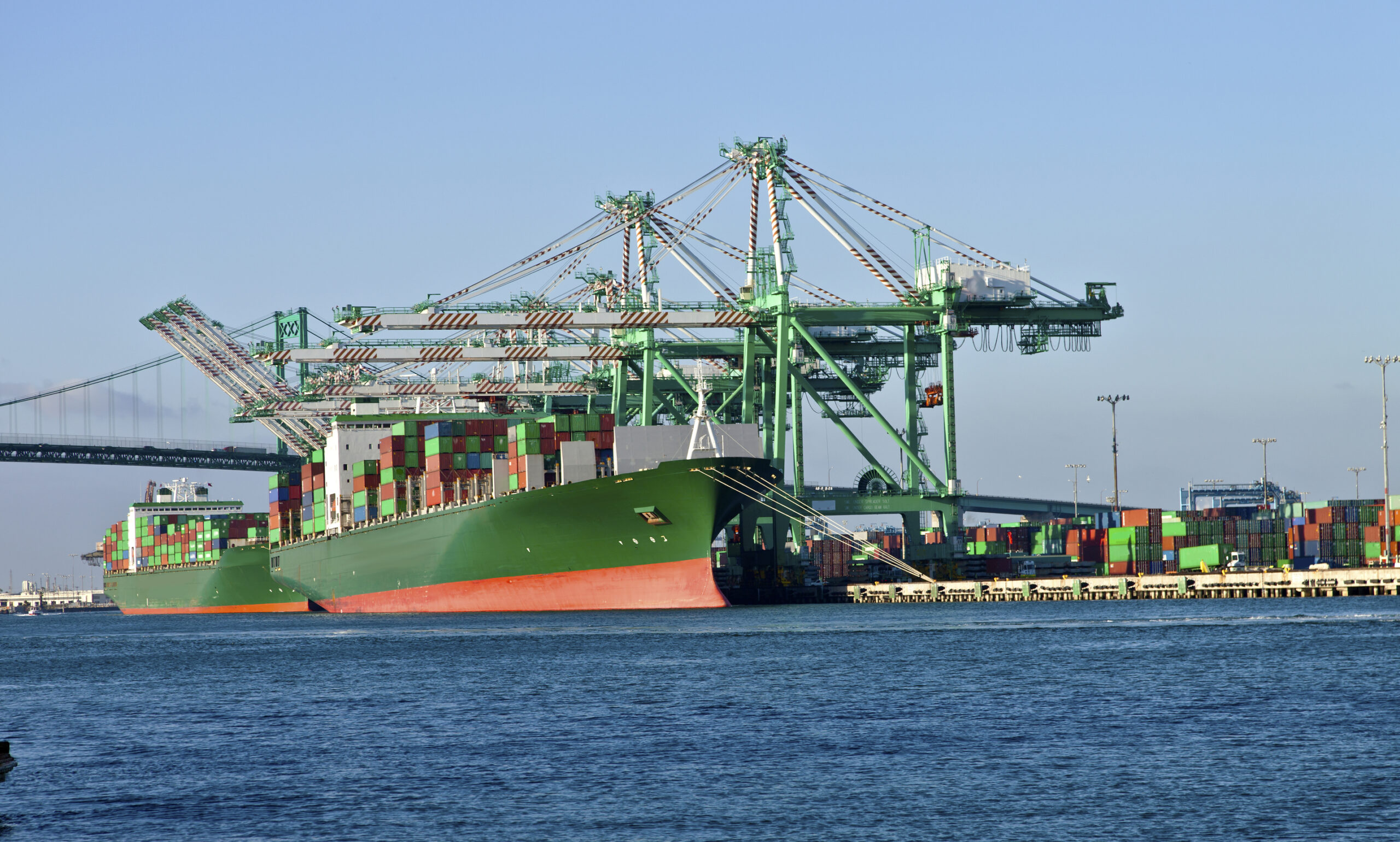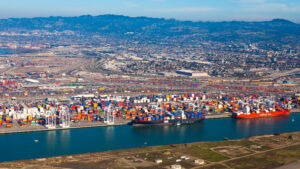Softening consumer demand and rising prices driven by shifting trade policies led to a decline in cargo containers moved through the Port of Long Beach in September. The trade was affected by tariffs, rising prices and waning consumer demand, the Port of Long Beach said in a statement on Oct. 17.
Dockworkers and terminal operators moved 797,537 twenty-foot equivalent units (TEUs) of cargo containers last month, down 3.9% from September 2024. Imports decreased 6.9% to 388,084 TEUs and exports declined 3.6% to 85,081 TEUs. Empty containers moving through the Port inched up by 161 containers to 324,372 TEUs.
“Tariffs are impacting how consumers and business owners make financial decisions and purchases,” said Port of Long Beach CEO Mario Cordero. “Our Supply Chain Information Highway digital cargo tracker is forecasting a relatively stable October, followed by a slight decline in November due to anticipated weather-related delays and vessel scheduling changes.”
“I commend our industry and labor partners for their continued hard work to keep goods moving through the Port,” said Long Beach Harbor Commission President Frank Colonna. “Our reputation as the primary gateway for trans-Pacific trade relies on our ability to ensure the swift, reliable and sustainable shipment of goods.”
The Port has moved 7,390,245 TEUs through the first nine months of 2025, up 6.8% from the same period in 2024. It was also the Port’s second-busiest quarter on record with 2,643,614 TEUs moved between July 1 and Sept. 30.



